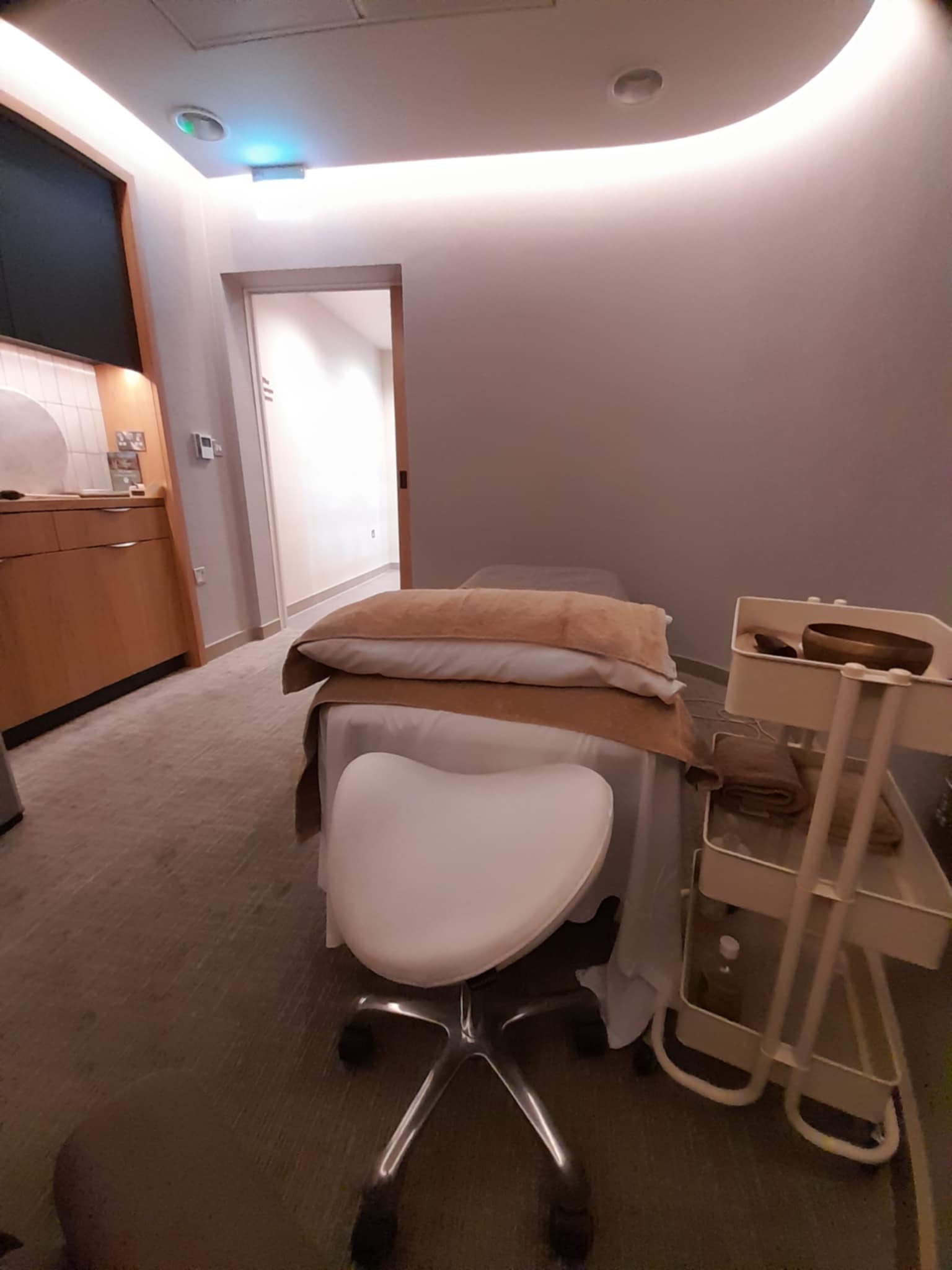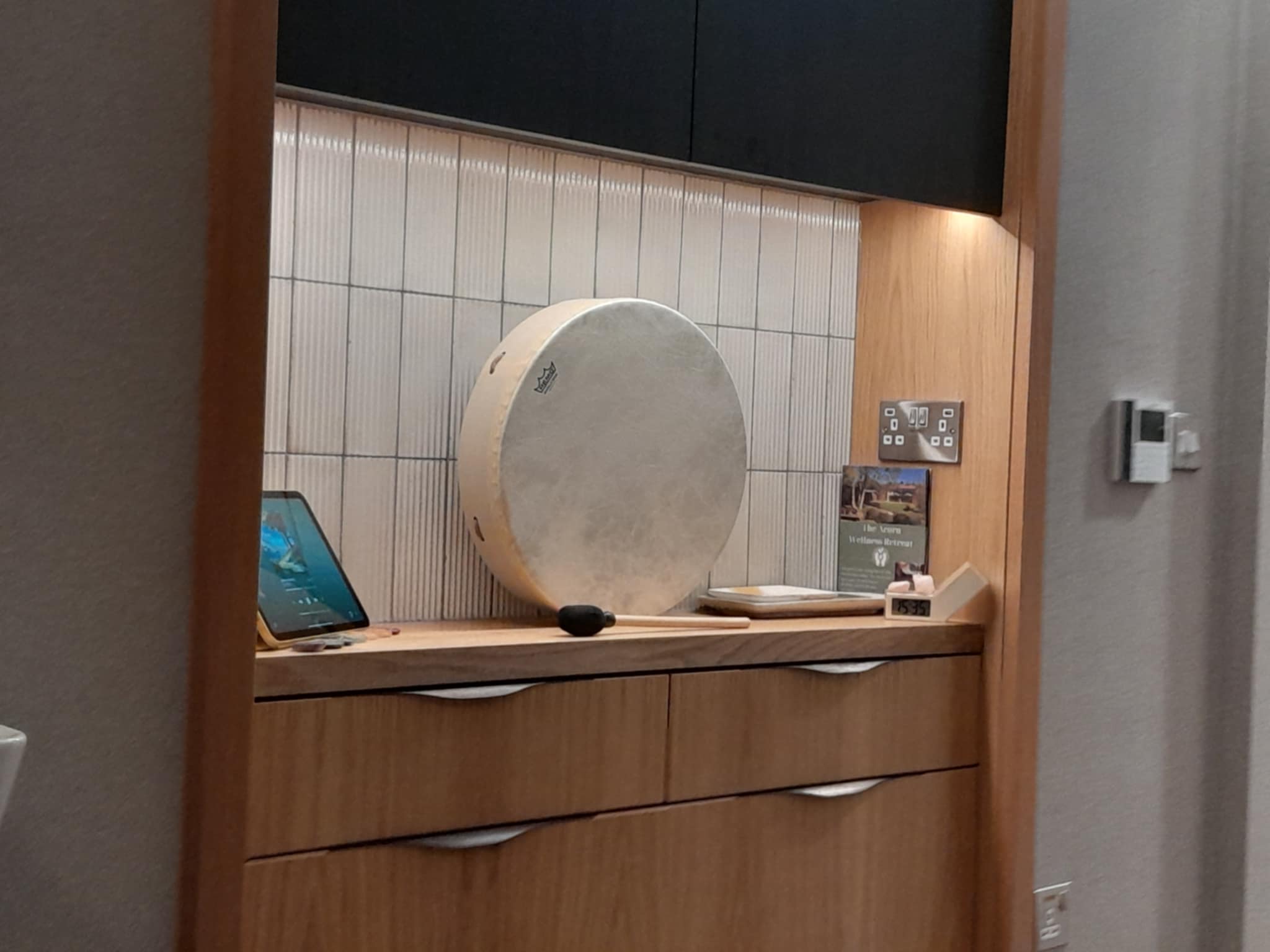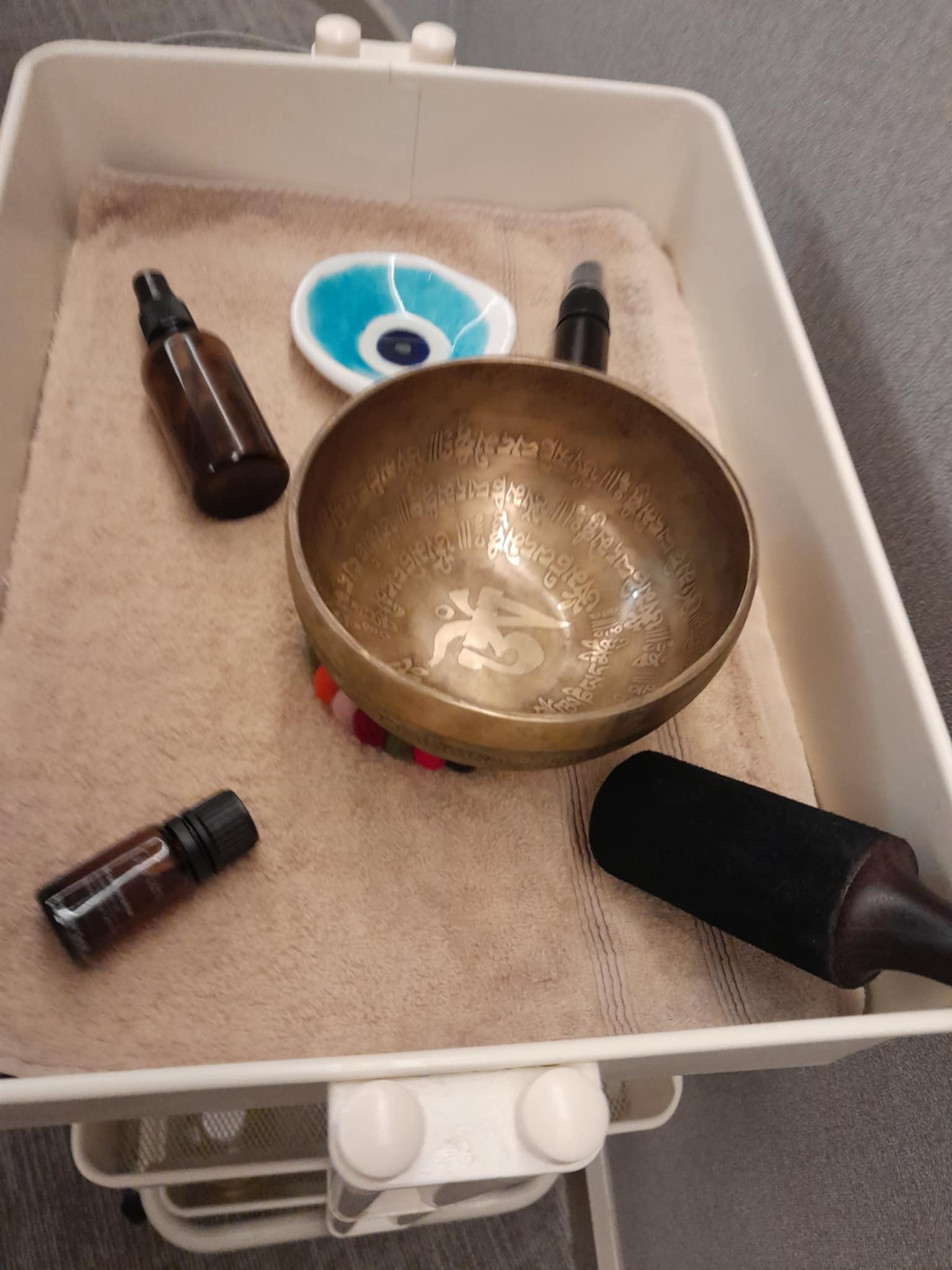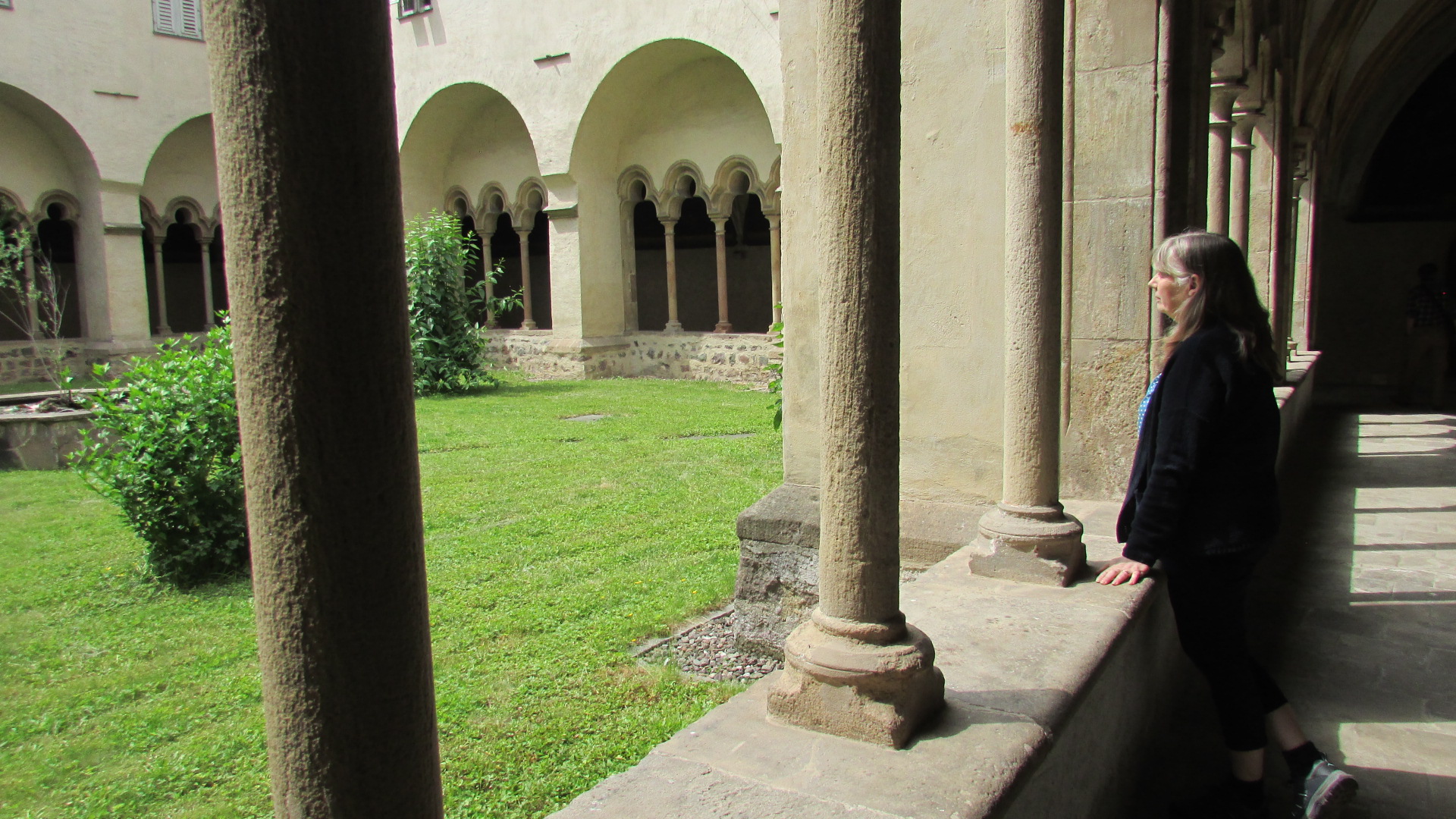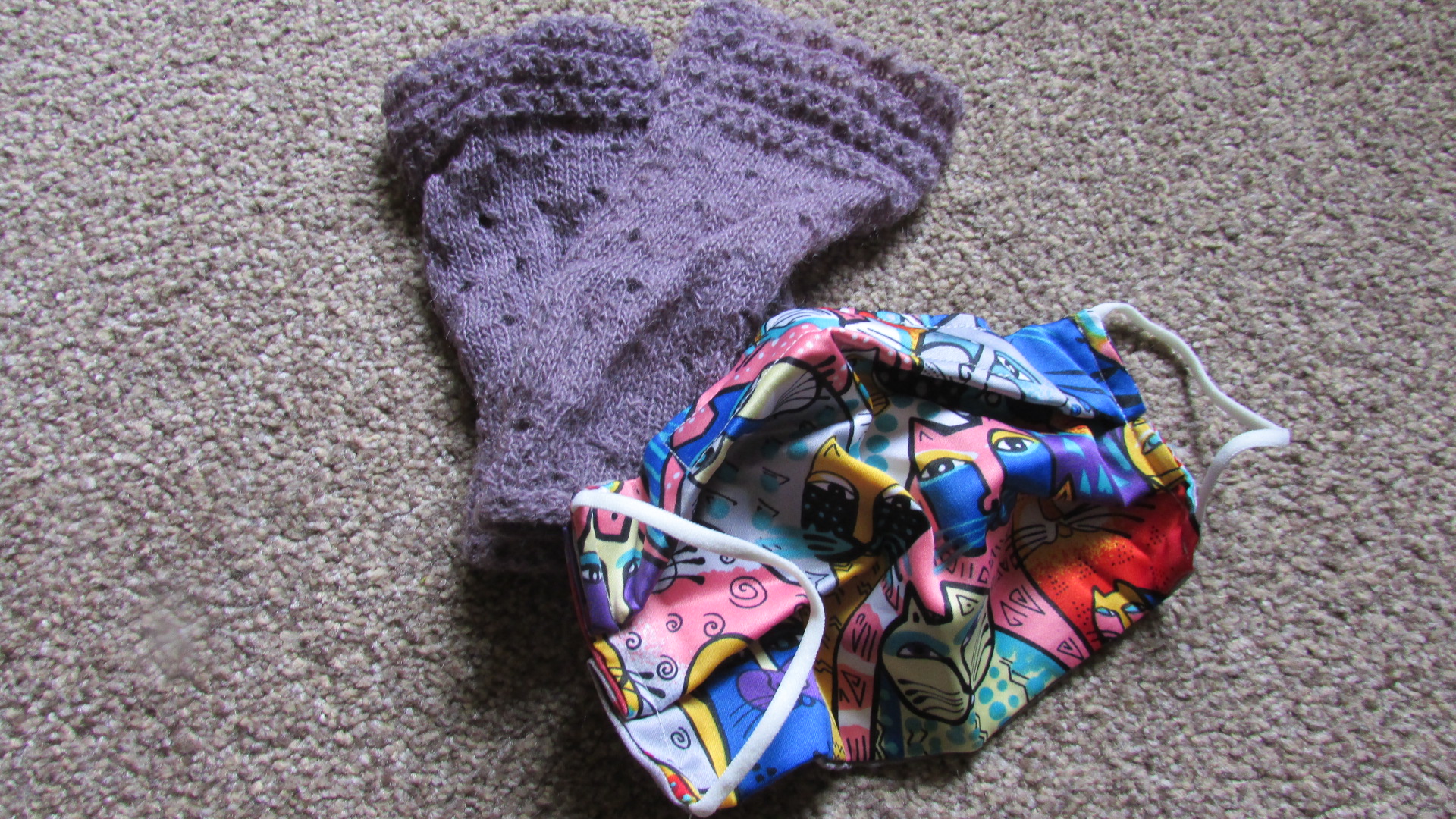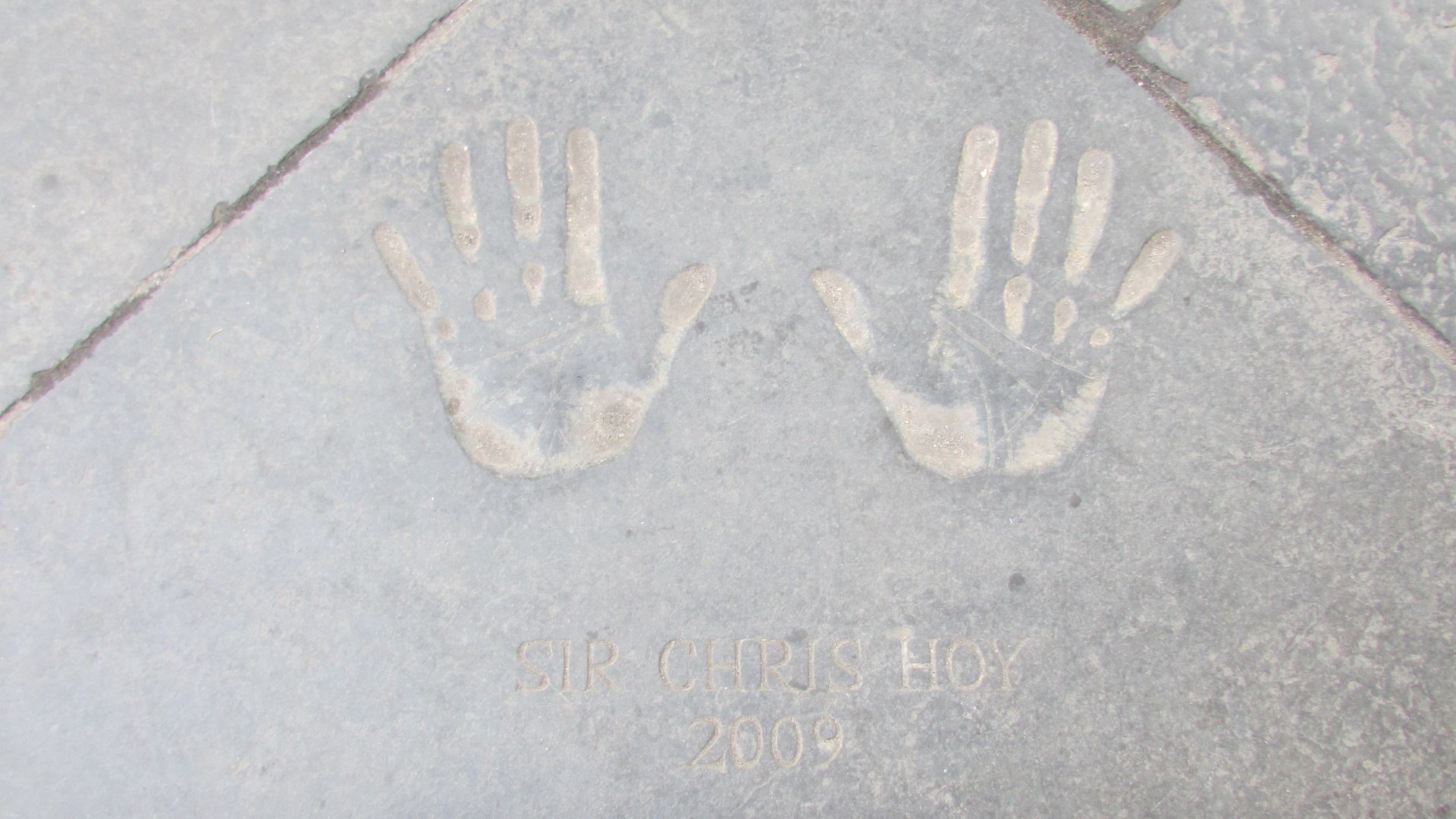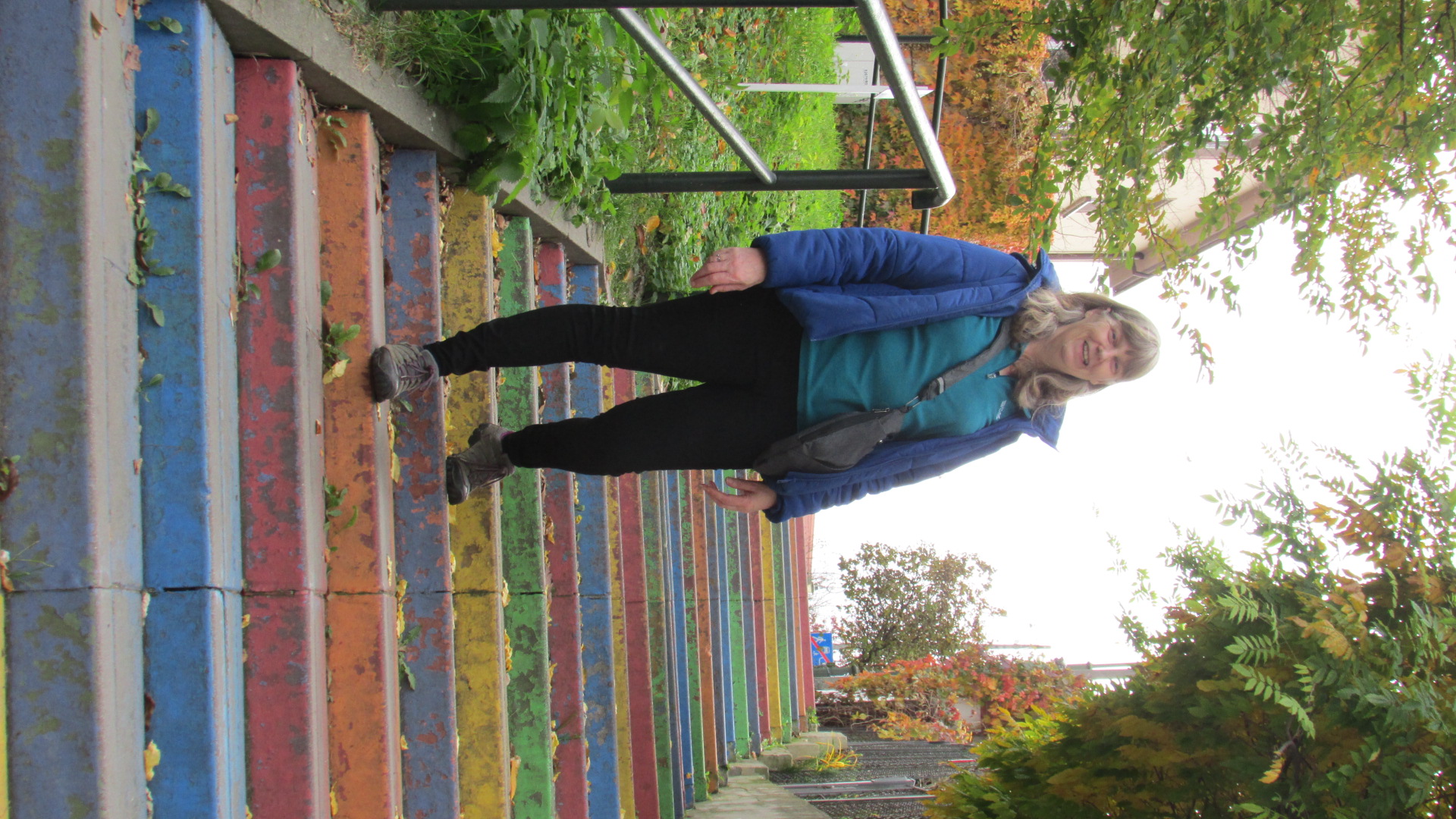Next week I have a procedure booked in. It was slightly unexpected to be told I needed it, but after checking
at the hospital I was reassured to know that it was routine – one of the checks
I will have before I am discharged fully from oncology and declared cancer
free. It isn’t a pleasant one but it is necessary. I know that. I understand
that and yet …. I am anxious about it and my anxiety is fast getting out of
control.
I’ve known about the planned procedure for 3 weeks - a phone call, a booking, a letter of
confirmation and then a package in the post with all the prep that I need to
take with the instructions. Everything is very clear and easy to understand.
When I had this procedure for the first time, I was terrified. Once cancer was
a possibility there was no messing around. I was booked in quickly for scans,
blood tests and various procedures. Having never had them before, not knowing
what I was facing and the sheer speed that things were happening, I struggled
to keep my anxiety and worries under control. I was truly petrified of what was
going to happen and what they might find. But the planned procedure for next
week is not new. I’ve had it twice before. This time I know fully what is
expected of me, what I have to do, when I have to do it and what the procedure
will entail and yet, my anxiety is spiralling out of control once again.
It hasn’t been helped by being delayed. It should have
happened this morning. Last week I put everything into place: I booked the
necessary time off work; found somebody to drive me to and from the hospital,
cancelled various appointments and informed a number of people to explain my
absence. I then received a call to tell me that the procedure had been
postponed. For some reason, all planned procedures that day had been cancelled.
I’d spent a week worrying for no reason! And then of course, I had to undo everything,
agree on a new date and start again.
Another week has passed and I still have 7 days before my
procedure. My stomach churns constantly,
I’m feeling under the weather and I’m noticing symptoms that may or may not be
there! And my worries continue to increase. From Sunday I start a fibre free
diet which as a vegetarian, does not leave me many options! I’ve checked the
list I was sent and stocked up on custard, white bread, noodles, cheese, ice
cream and eggs. I’ve read and re read
the letter which tells me all the timings: fibre free or white diet from 5 days
preceding the planned procedure, fasting from 1pm the day before, water and
colour free squash from this time, first prep taken at 4pm, second dose taken
at 8pm, no liquids from 8.20 the following morning… not pleasant, not easy but
supposedly manageable. I’m a fairly sensible and practical person, so what is
causing this anxiety and why am I struggling to keep it under control?
In my mind, there is already so much that can go wrong! I
had never anticipated the procedure being cancelled or postponed – that was one
worry I hadn’t actually thought about and I was lucky because I was told well
in advance, before I had started the special diet or taking the prep – but what
if it happens again? What if I have spent 5 days eating very little or have
taken the prep which is not pleasant? What if I have already gone through the
whole process only for the appointment to be cancelled again? And then there
are the other worries. What if I
accidentally eat or drink something I shouldn’t? What if I can’t manage to take all the prep?
(last time it made me physically sick and I just couldn’t force the last glass
full down). What happens if I can’t find
anybody to transport me to and from the hospital? They don’t let me have sedation? They can’t
get the cannula in? (I was so dehydrated last time, it took 4 attempts.) What happens if I am sick again when taking the prep and my latest
worry, what happens if I get caught up in roadworks and am late for my
appointment?
The roadworks are a new worry and may seem insignificant to
others, after all, if you think you may be late you factor in extra time,
that’s a given. I’m rarely late for anything. I hate to be late and always
factor in extra time for unexpected eventualities, but in the case of these
roadworks which have somehow sprung up on every road I could use to get to the
hospital, allowing some extra time may not be good enough. On day 1 of the roadworks, it was taking
people over 2 and ½ hours to do a 20 minute journey. That thankfully has
improved but without practising every day during the week, I cannot guarantee
how long it will take me to get to the hospital. Some days when going to work,
I have made it in half an hour, other days have taken nearly an hour. My appointment is a Friday morning – will
that be better or worse? If I leave
early will I miss the rush hour traffic causing massive hold ups or am I better
going later and hoping the worst is over?
If somebody takes me, are they going to have to hang around, for
potentially hours, waiting for me or will they return home and then get stuck in
the hold ups again when coming to collect me?
And then of course, there is the one that worries me the
most. What if they find something? I’m coming to the end of my 5 year
surveillance but what if there is another tumour or area of concern and I am
plunged straight back into treatment? My
worries just go on and on.
I know that I am letting them spiral out of control. I know that it is silly to be worrying over a
week in advance and yet I can’t help it. I can’t stop it, all I can try to do is
calm myself down, think things through logically and keep my fingers crossed!
What I do know, is that this pre procedure anxiety is
normal. I’ve spoken to other people and it seems most people go through it to
some degree. Everyone reacts differently but it is perfectly normal to feel
some anxiety, to have some worry and to have some trepidation before undergoing
a test or procedure and this should give some reassurance. We’d be a little bit
strange to feel totally calm all the time after all!
As for the other worries, I know that if I can keep myself
calm and talk them through with someone else or even in my own head, that I can
temper my fears a little bit and come up with some potential solutions.
If I make a mistake with the diet and correct it as soon as
I realise, then I should be ok. It is going to be a tough and dull few days of
eating but I can do it and if I am lucky, I might lose a couple of pounds in
the process! The prep is horrible but this time around it is a different
flavour so maybe it won’t be so bad and if I can’t manage it all, then I just
have to do the best I can. I should be ok as long as I have taken the majority
of it. I have time to find somebody to take me to and from the hospital and
they can decide whether to hang around and wait or to go away and come back for
me when I am ready. I can allow extra
time to get to the hospital even if I get there way too early or I can do a
couple of practice runs closer to the time to see what the traffic build up is
like and make a judgement from there. If the worst comes to the worst and the
procedure is cancelled again, then that is out of my control. I will just need
to pick myself up and start again, I must trust in the medical staff that there
will be sedation available and that they are able to insert a cannula. I can’t
do it myself and they are trained, so the likelihood is they will manage! And if
they do find an area of concern, my greatest fear of all, then it is good that
they have found it early because treatment can start swiftly before it spreads
further.
Logically, I know the answers to all my fears. Logically I
can explain and understand. Illogically,
I will still lie awake for hours worrying and sadly there is nothing anybody
can say or do to stop that. I just have
to get on with it and think that this time next week, it will all be over and
done with.
So if you are in a similar situation to me, see if these
tips help you:
Know that you are not alone in your fears. Anyone going
through a similar procedure is likely to feel the same way.
Know that fear and anxiety is perfectly normal, you just
have to find a way to control it so that it doesn’t take over your entire life.
Fill the days before with nice things: a good book, a walk
in the country, an entertaining box set, meeting with friends etc.
Tell your loved ones and friends so that they understand
that it is perhaps not very helpful for them to eat your favourite foods in
front of you when you are stuck to boring white unhealthy stuff!
Explain your fears so that those around you accept and
understand if you are a bit grumpy or short tempered with them.
Make plans for your journey well in advance so that you know
how you are going to get there and back.
Just do your best with the diet and the prep. The more you can do, the better prepared your
body will be for the procedure but you can only do what you can do.
Take a book or magazine with you as you are likely to be
kept waiting for a while before and after your procedure and this will help
keep your mind occupied.
If you have a planned test or procedure soon, I wish you all
the luck in the world. Keep calm, keep breathing, talk to the medical staff
around you and organise a treat for afterwards.
You deserve it!
Sending hugs and positive vibes to everyone in my position.
Update: I got there very early despite the roadworks, my son kindly drove me and returned home until he was called to pick me up, the staff were wonderful and reassuring, talking through all my anxieties without making me feel stupid. the cannula was inserted despite the dehydration and although I spilled most of the first glass of prep because I was shaking so much i still took enough for it to work thoroughly. Most importantly, and the best news of all - NOTHING was detected!


